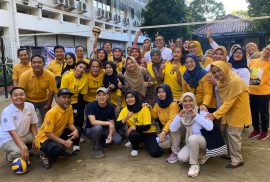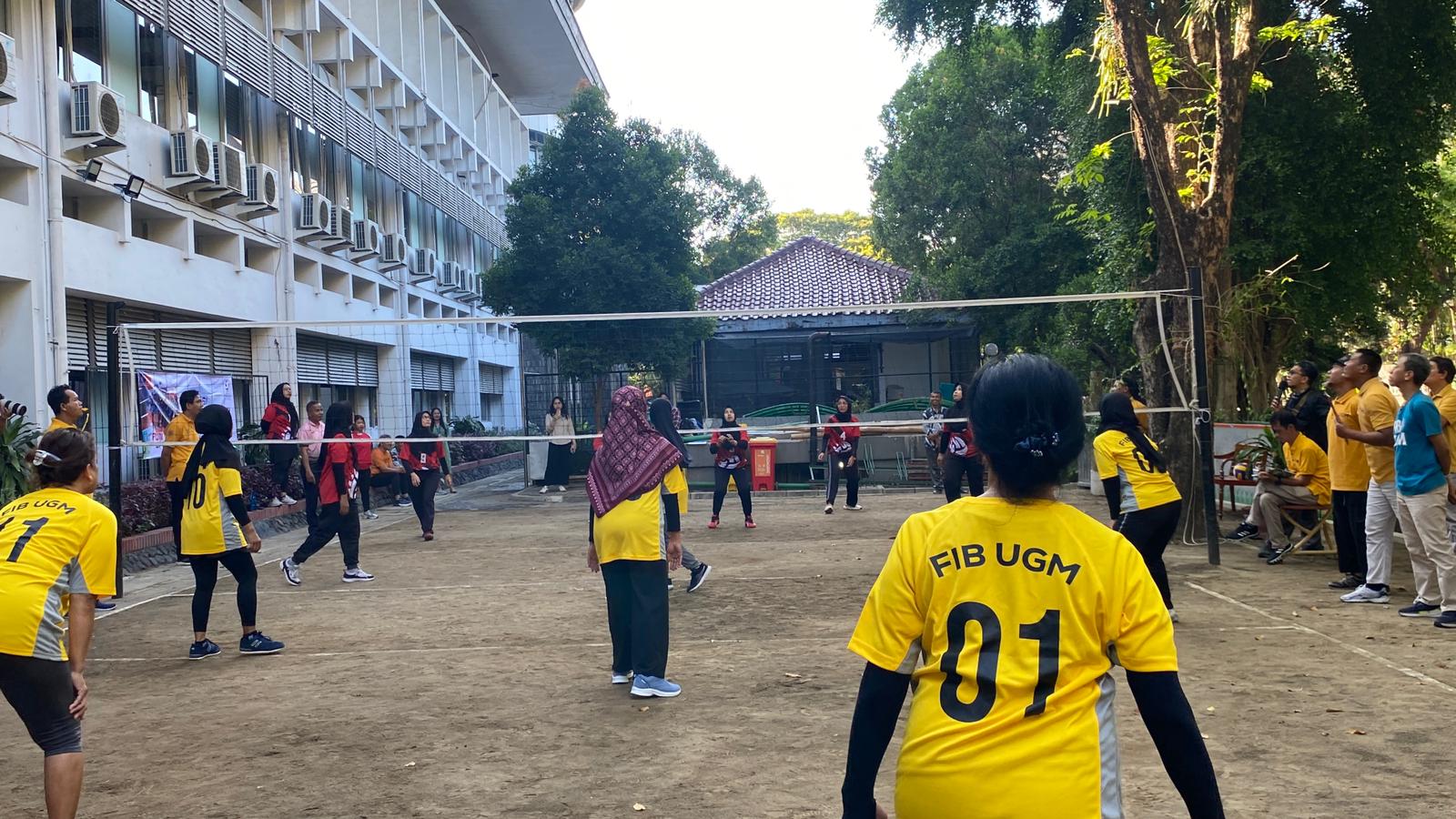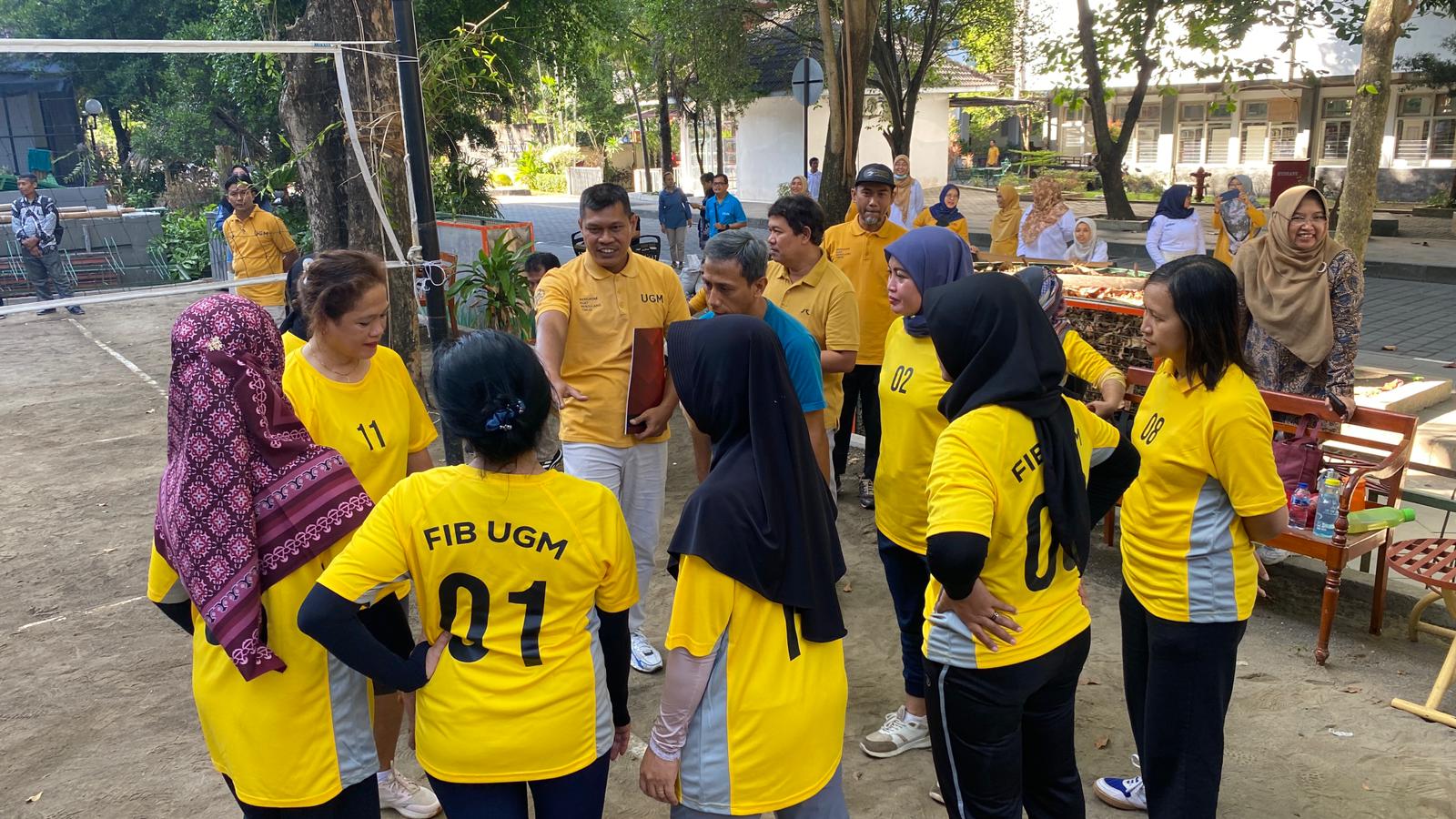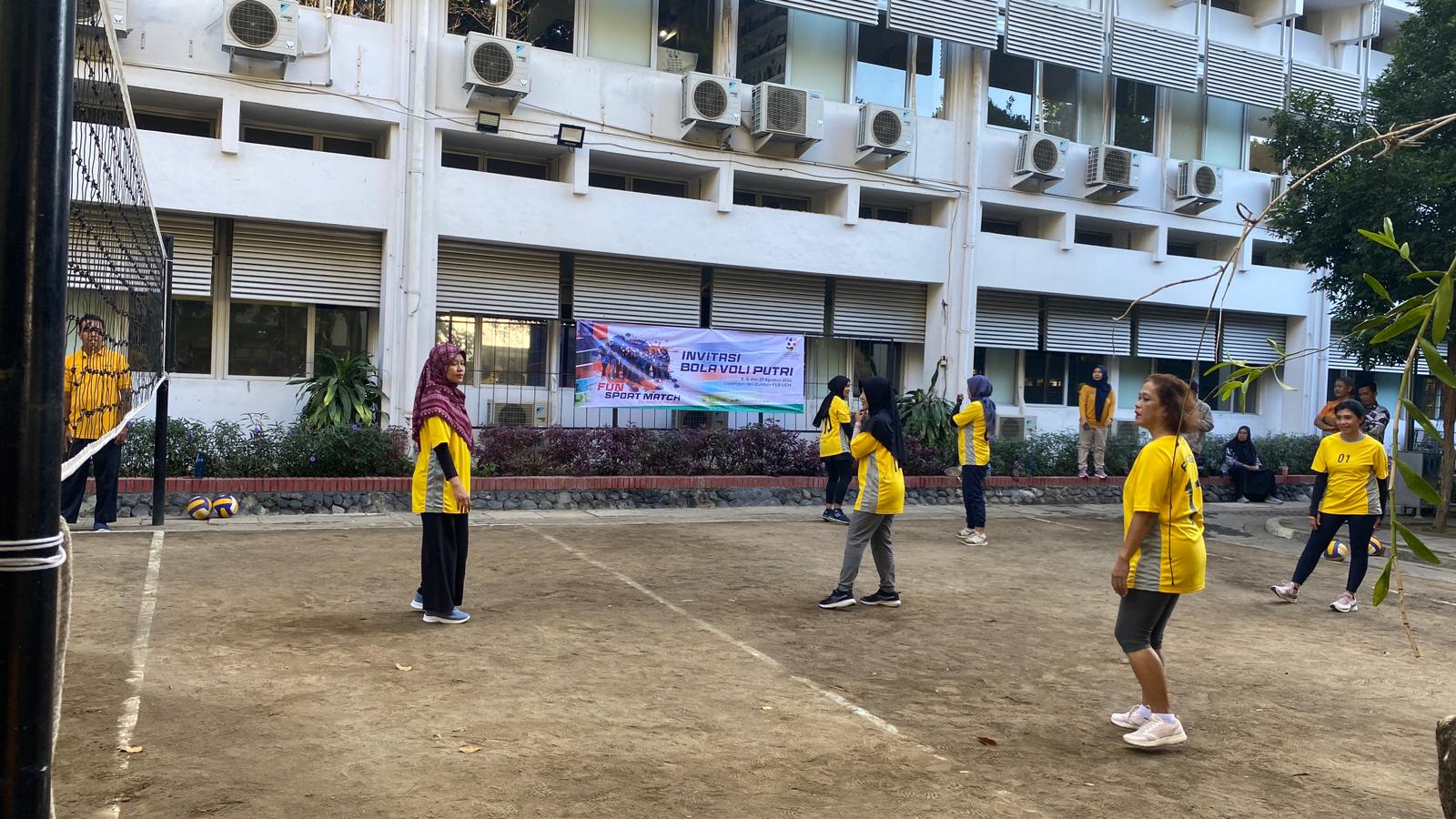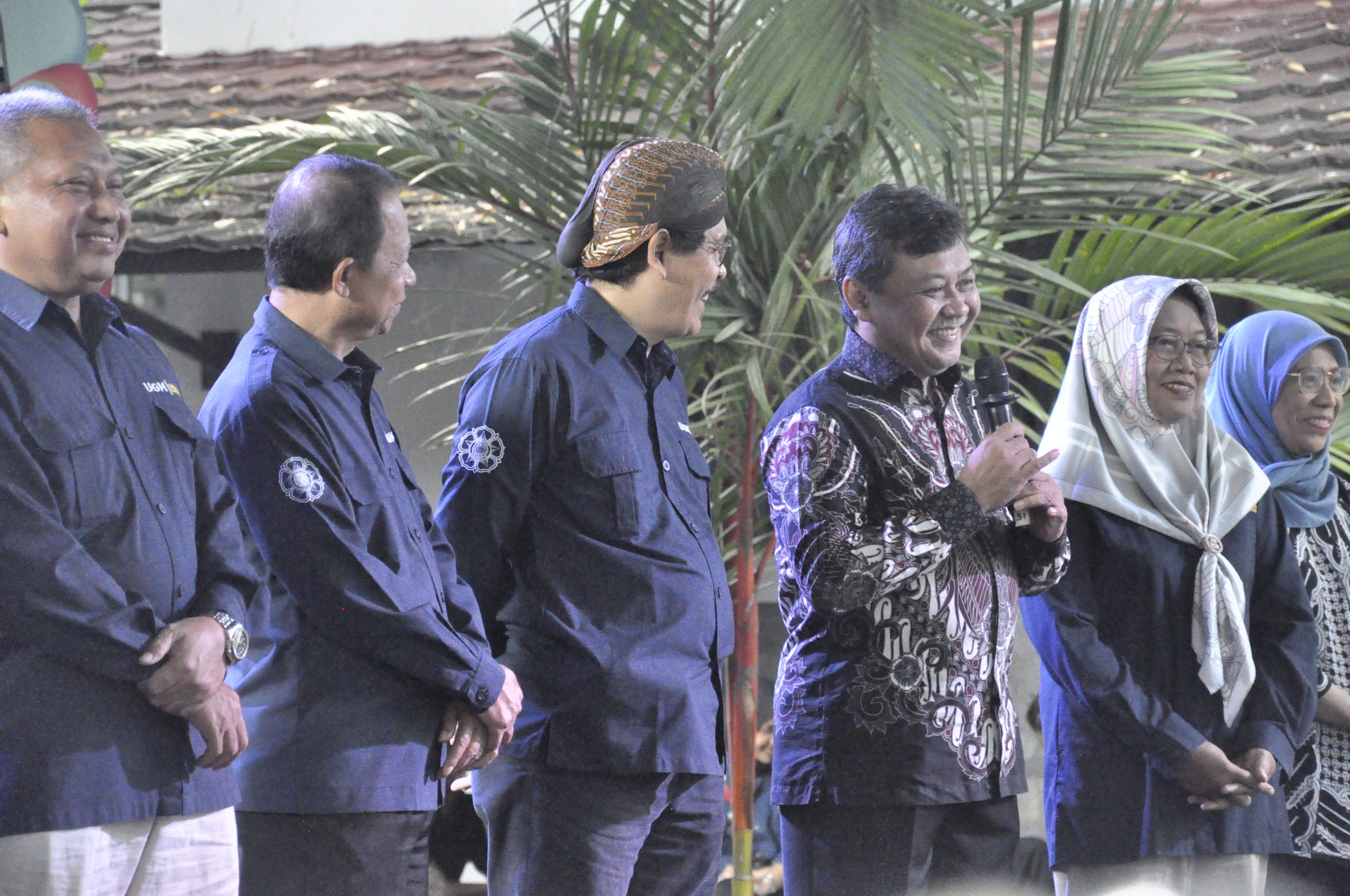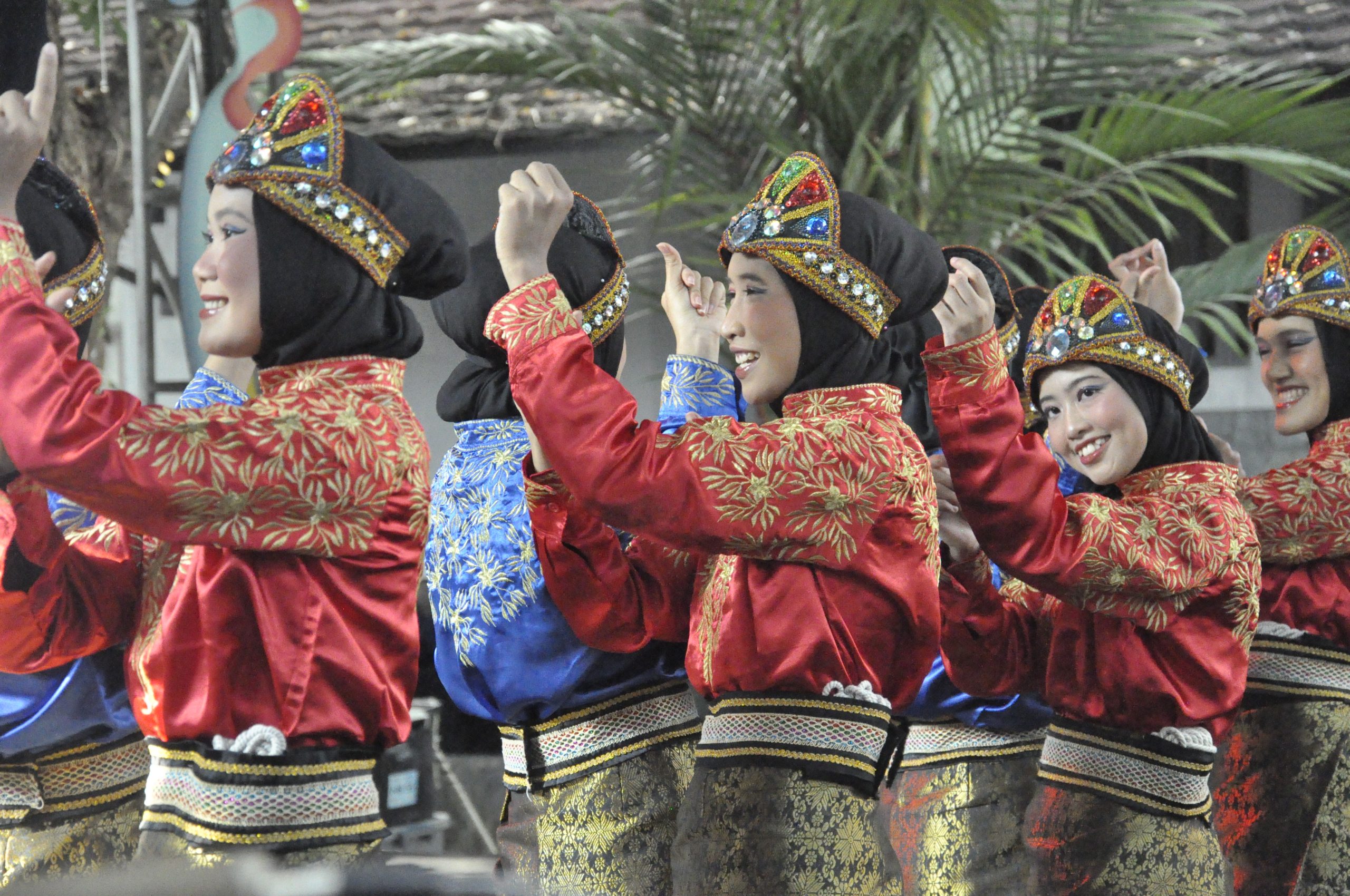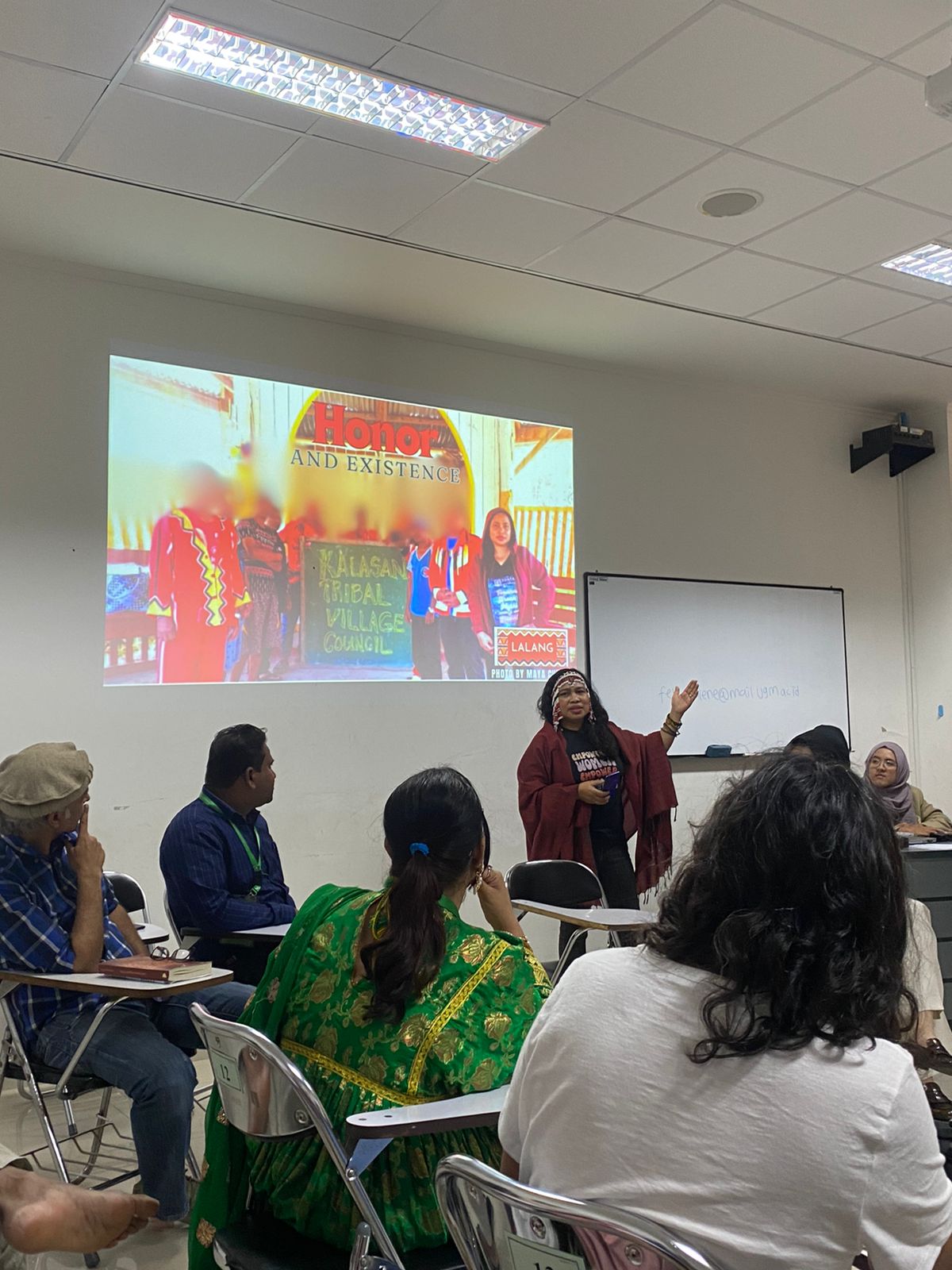On Monday, August 12, 2024, the Department of History of Universitas Gadjah Mada has successfully held a special meeting for new students of the Master of History Program. This event took place offline in Soegondo Room 325 from 10:00 to 12:00 WIB. The meeting was attended by lecturers and all new students, and led directly by the Head of the Department, Dr. Abdul Wahid, M.Phil. During the two hours, participants received various important information about their study program, including curriculum, facilities, and upcoming academic activities.
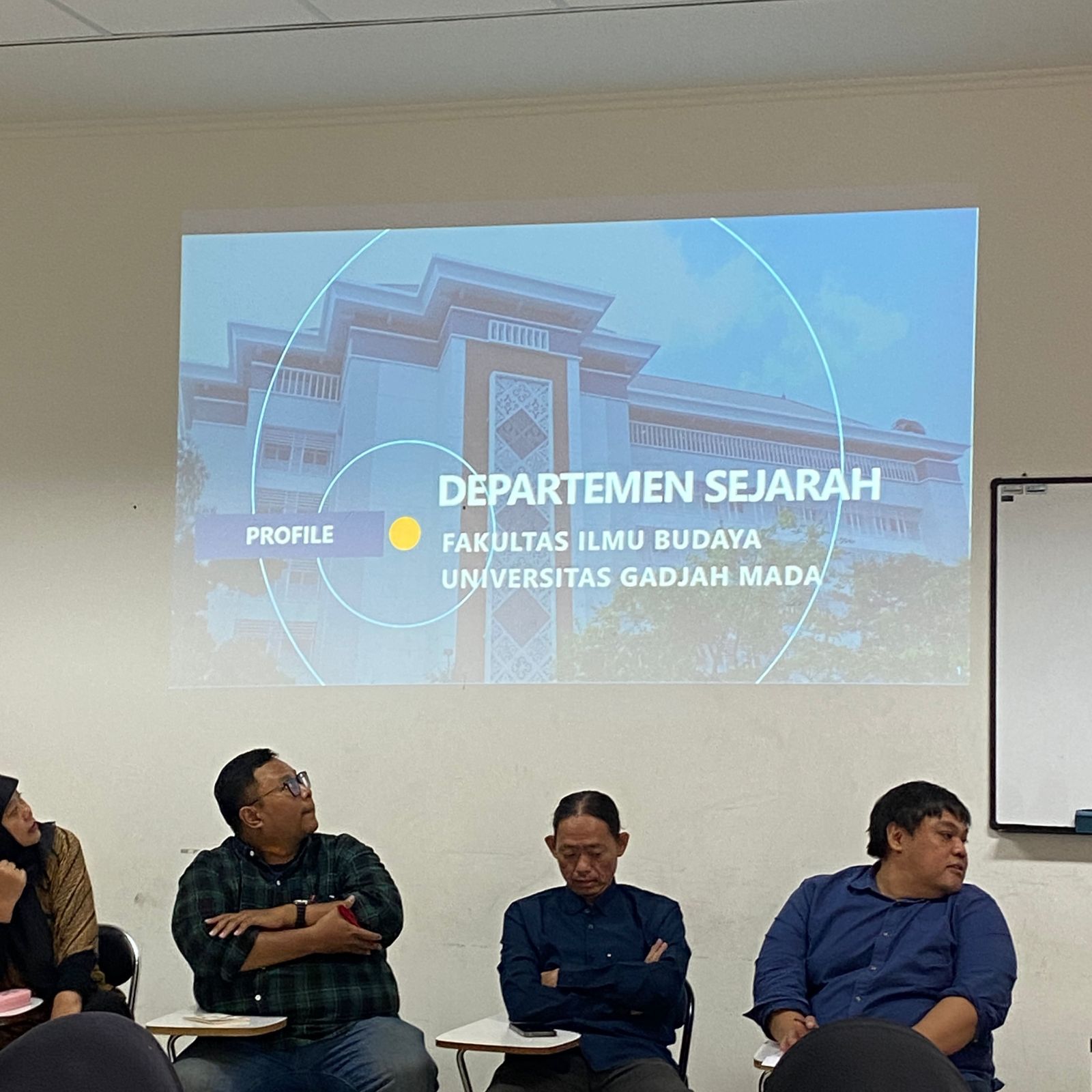
The event aimed to introduce new students to the academic environment and build a good initial relationship between students and faculty. With a warm and interactive atmosphere, participants were given the opportunity to ask questions and discuss matters related to their studies. The lecturers appreciated the enthusiasm and attendance of the new students, and hoped that this meeting would be a good start to their academic journey in the Master of History program. The event went smoothly and ended with high hopes for academic success and productive collaboration in the future.



